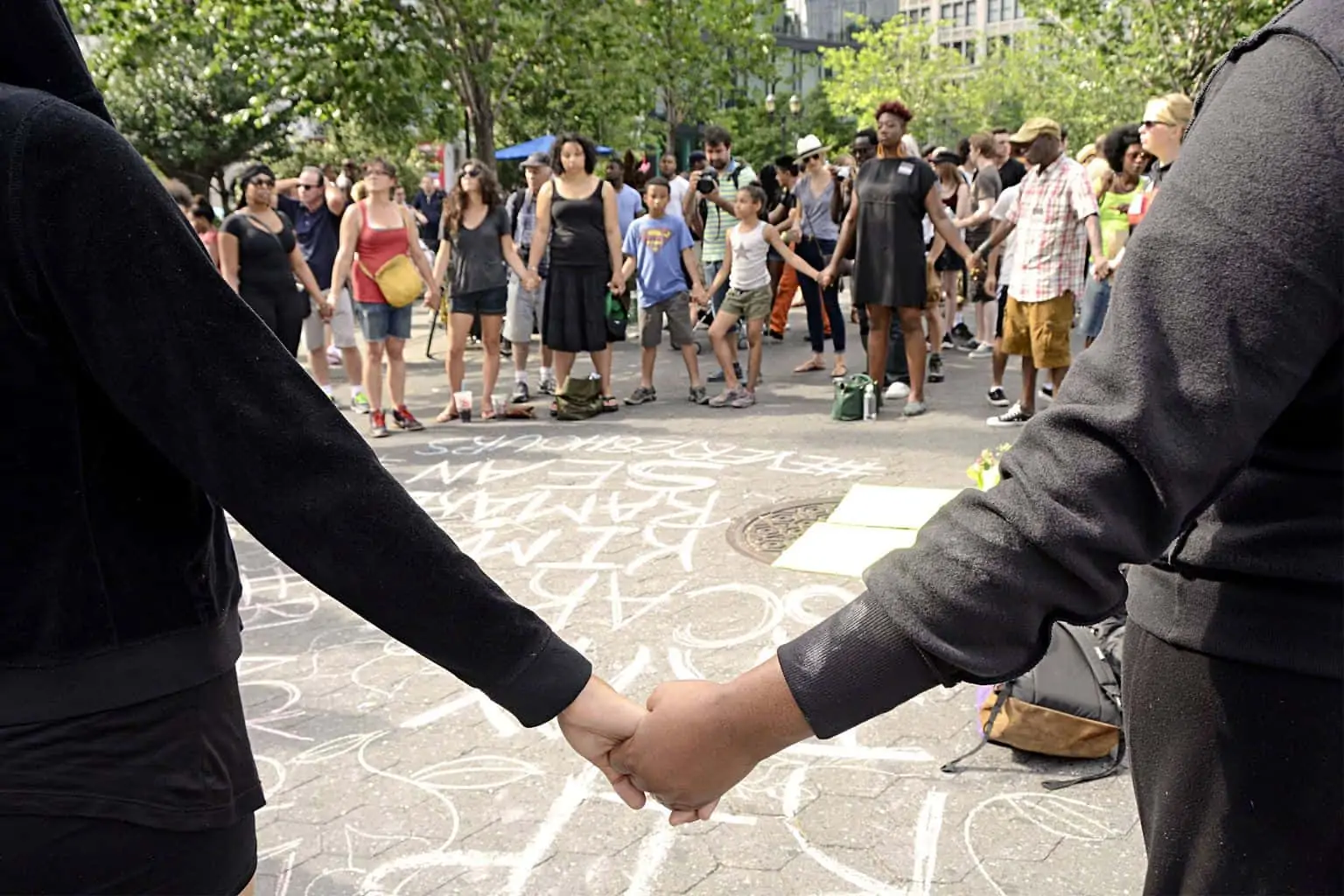
For many, the primary way of building the kingdom is to influence politics in order to make America more Christian. Others take the opposite approach, concluding that Jesus didn’t try to overhaul the political systems of His day through political means; therefore Christian faith is only a private matter that has no social relevance. Both approaches get it wrong.
Because Jesus did not allow the society or politics of His day to define His ministry, He positioned Himself to make a revolutionary prophetic impact upon His society and the politics of the time. Jesus did not buy into the limited options the culture placed before Him. He rather exposed the ugly injustices in all kingdom-of-the-world options by offering a radically distinct alternative.
For example, Jesus never entered into the fray of particular debates about the status of women in society. He rather exposed the ugliness of patriarchalism by the countercultural way He treated women. Ignoring negative consequences for His reputation, Jesus befriended them and gave them a culturally unprecedented dignity.
In a similar way, Jesus did the same for social outcasts. He served lepers, the blind, the demonized, the poor, prostitutes and tax collectors. His actions were a challenge to the inhumanity of social structures of the day that served as a mustard seed alternative that started small but grew slowly.
Jesus also exposed the inhumanity of certain religious rules, which was a political problem in the first century because religious leaders had political power. He exposed the evil of racial prejudice by fellowshipping with Samaritans and Gentiles, and He even praised them in His teachings. In addition, He healed and worked miracles on the Sabbath, something that religious leaders forbade.
Finally, Jesus exposed the barbarism of the Roman government by allowing Himself to be crucified by them. Instead of using His power to preserve His life, He exercised the power of love by giving it.
The power of the Kingdom is not one where Christians aim to attain “power over” like the kingdoms of the world. Instead, we exercise “power under.” We therefore must resist the demonic pull toward “power over” violence that characterizes all versions of the kingdom of the world. “Power under” unmasks the ugly injustice and violence that dominates our political and social systems and doesn’t wage war “against flesh and blood” but instead fights against “rulers, against authorities, against cosmic powers of this present darkness (Ephesians 6:12).
It is a beautiful kingdom that is not so much spoken as it is displayed through loving action.
Jesus called the Church to be a community characterized by radical, revolutionary, Calvary-quality love: a community that manifests the love of the triune God; a community that strives for justice not by conquering but by being willing to suffer; a community that God uses to transform the world by providing it with an alternative to its own self-centered, violent way of existing.
How socially and politically revolutionary it would be if we lived up to our calling!
Editor’s note: This piece has been excerpted from Greg Boyd’s book, The Myth of a Christian Nation. Used with permission.






















